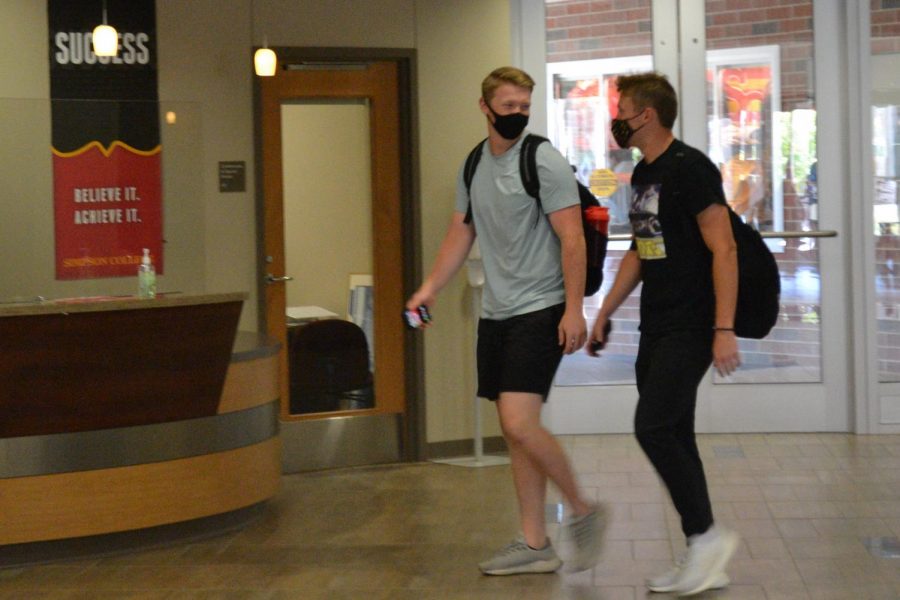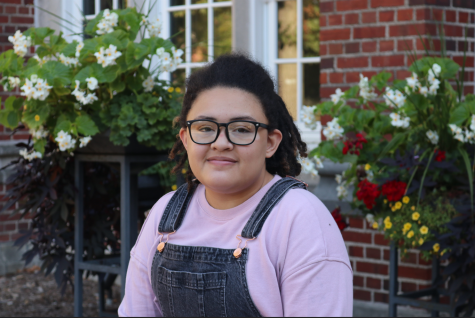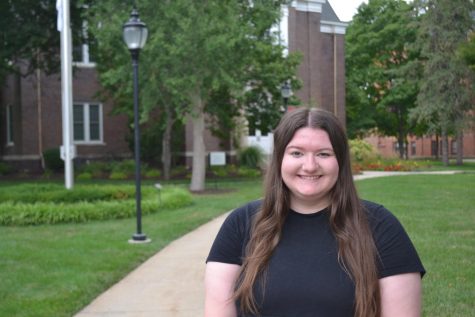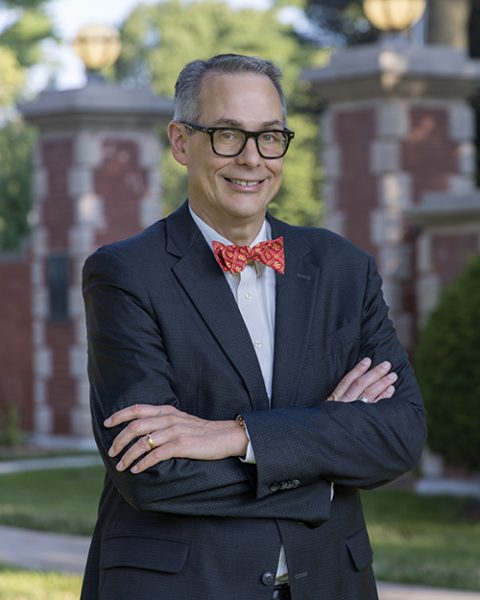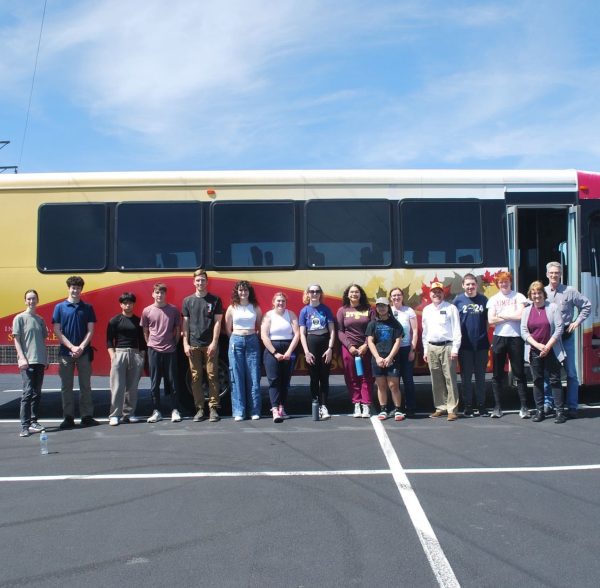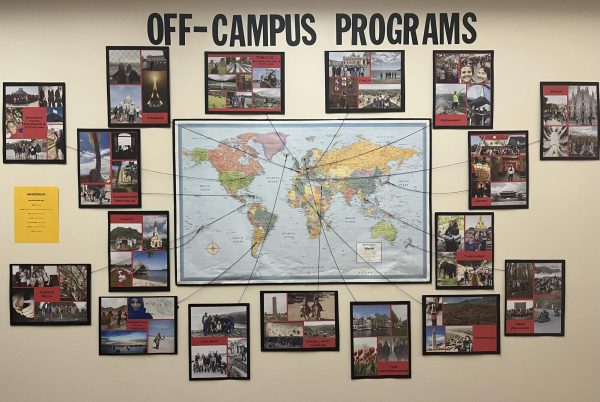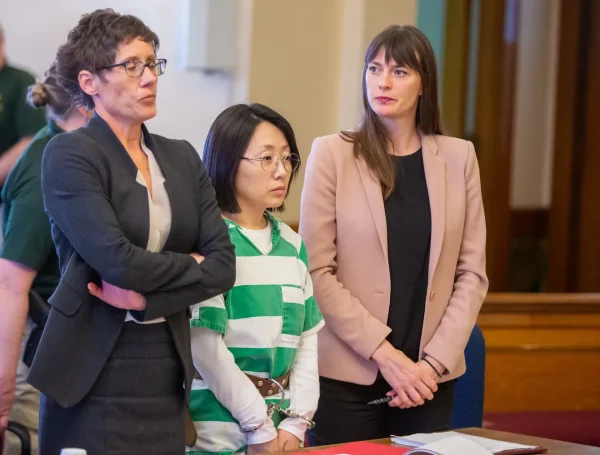New continuing and grad program to focus on trauma and resiliency in criminal justice
Bringing the program to Simpson is a step toward training a new generation of leaders in criminal justice.
September 29, 2021
A new continuing and graduate program was launched this semester to address trauma in the criminal justice system, both in affected communities and in the system’s approach to trauma.
The Trauma and Resiliency Certificate Program, which is entirely online and takes less than one year to complete, prepares professionals and students in fields such as criminal justice to work with at-risk youth and adults. There is also a focus on building resiliency, which involves working through traumatic experiences.
Senior Vice President and Academic Dean John Woell was contacted by Starr Commonwealth about an opportunity to bring the program to Simpson College. Getting it off the ground quickly was due to the pre-existing Leadership and Criminal Justice certificate program, which was replaced by the incoming certificate program.
“That program hadn’t really had anyone in it for a couple of years, so that the faculty were eager to try to do something new, and also to do something that they felt fit with the mission and values of their department as they think about how to move things forward with criminal justice in the 21st century,” Woell said.
Not only is bringing the program to Simpson in line with the school’s mission and values, but it is also a step toward training a new generation of leaders in criminal justice.
“As we think about how to bring about effective change in the world–particularly in the wake of last summer’s Black Lives Matter protests and what we saw with the relationship between historically marginalized communities and deeply traumatized communities and the criminal justice system–it made a lot of sense for us to try to do something that would help promote our mission, vision and values through a program like this to a criminal justice community and try to affect change,” Woell said.
For Associate Professor of Criminal Justice and Director of Master of the Arts in Criminal Justice Denise Leifker, the criminal justice department can benefit from this program. People in the criminal justice system, she said, are impacted by trauma all the time. Recognition of that when working in the field can make a difference.
“To be able to recognize [traumatic experiences] in yourself and help you be able to be more empathetic to the people that you’re working with, be able to be more understanding,” Leifker said. “Sometimes the behaviors that are happening among the people involved in the criminal justice system are not necessarily because they’re bad people, but because they don’t know how to deal with what has happened to them or because they are replicating behaviors that they’ve been exposed to.”
As of now, the Trauma And Resiliency Certificate Program is in its first year of operation, but Woell and Leifker are still thinking about what’s in store for the program’s future.
Leifker said that they hope the people who complete the program will spread the word to get more students involved and will apply what they learned to the work they do.
“I also hope that we start attracting people to the certificate that maybe have an interest in staying for our full program,” Leifker said. “So whether that be students from Simpson undergrads or just other people in the workforce that are hearing about it from their colleagues, I just hope to grow our numbers and be able to provide something that they can’t get in a lot of places.”
Woell laid out three goals Simpson hopes to achieve by the year’s end: expanding partnership opportunities with community organizations and school districts, developing Simpson’s niche in terms of continuing and graduate programs, and growing student engagement in the program.
“I was very excited when we got started on this a year ago,” Woell said. “I think that it provides a good direction for us and really helps us to think clearly about what we’re doing in terms of trying to have a community impact. And I’m really excited about it. That’s about all I can say at this point. I’m hopeful that some other departments and programs will enter the field and we can start to have bigger conversations, but I’m excited about it.”



